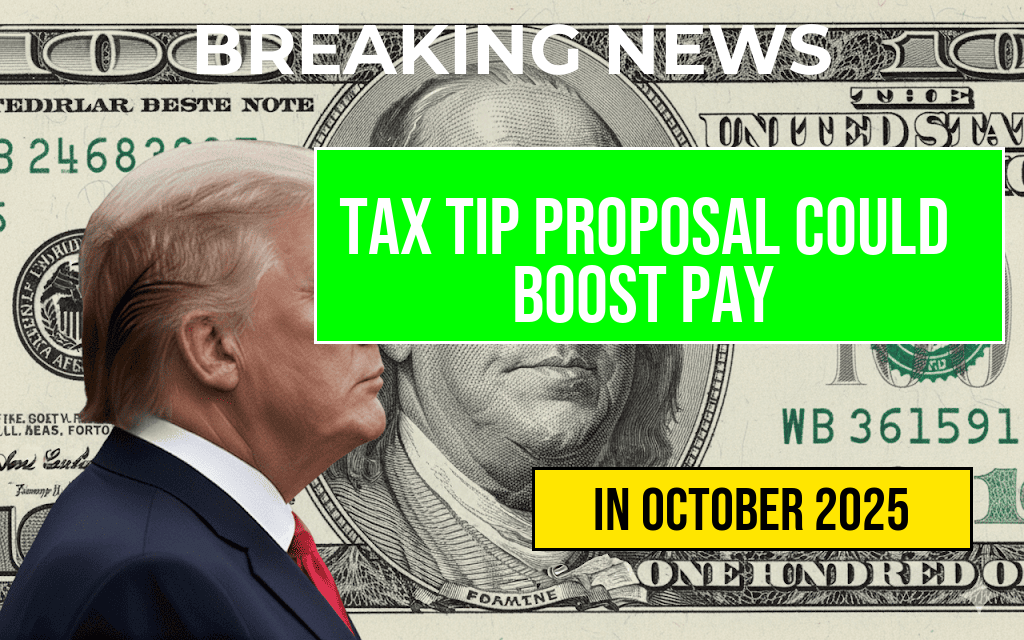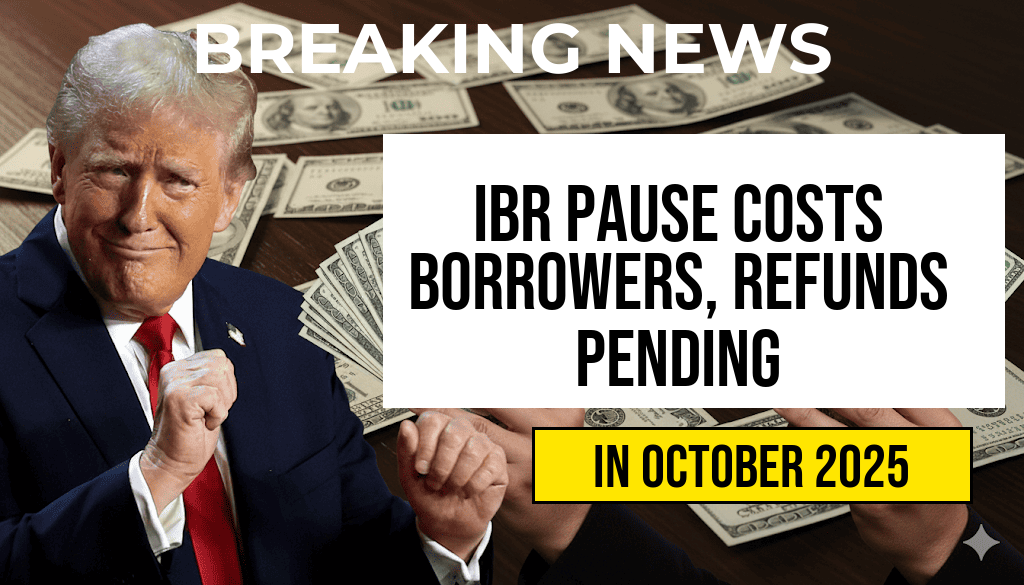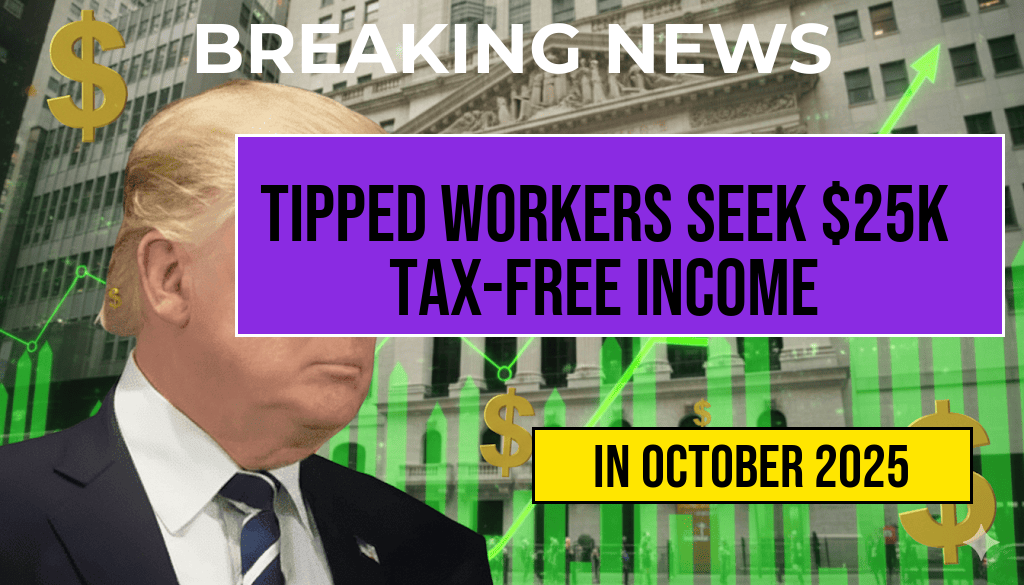IBR Pause Led to Unexpected Borrower Expenses; Refunds Underway with Details Pending
The suspension of the Income-Based Repayment (IBR) plan for federal student loans over the past several months has resulted in some borrowers unexpectedly incurring higher monthly payments, amounting to hundreds of dollars in some cases. While the Department of Education has announced that affected borrowers will receive refunds, the timeline for processing these reimbursements remains uncertain. This development has stirred concern among thousands of individuals relying on flexible repayment options, highlighting the complexities of federal student loan management and the importance of clear communication from policymakers.
Background of the IBR Suspension and Its Impact
The IBR plan, designed to make student loan repayment more manageable by capping monthly payments based on income, was temporarily paused earlier this year as part of broader efforts to overhaul federal student aid policies. During this suspension period, borrowers who relied on IBR found their payments either frozen or recalculated, often leading to confusion. When the plan resumed, some borrowers reported that their payments increased unexpectedly, with some seeing rises of up to $200 or more per month.
“I was surprised to see my payment jump from $150 to over $350,” said Jessica Martinez, a recent graduate from Florida State University. “It was a shock, especially since I was counting on predictable payments based on my income.”
Officials from the Department of Education acknowledge that the pause and subsequent resumption caused administrative glitches that affected payment calculations for certain individuals. These errors have translated into financial strain for many borrowers, prompting the department to promise refunds for those impacted.
How Borrowers Are Affected
| Borrower Profile | Previous Payment | Post-Pause Payment | Additional Cost |
|---|---|---|---|
| Recent Graduate, Income $40K | $150/month | $350/month | $2,400 over 6 months |
| Mid-Career Professional, Income $60K | $200/month | $400/month | $1,200 over 3 months |
| Part-Time Worker, Income $25K | $100/month | $200/month | $600 over 3 months |
Such fluctuations have placed financial pressure on borrowers who budgeted based on their previous payment schedules. Loan servicers have been inundated with inquiries, and the uncertainty surrounding refunds has added to borrower frustration.
Department of Education’s Response and Refund Process
The Department of Education announced that refunds are being processed for those borrowers who overpaid due to the administrative errors related to the IBR pause. According to a spokesperson, “We are committed to correcting these discrepancies and will issue refunds as soon as possible. The timeline for refunds will be communicated once the process is finalized.”
However, no specific date has been provided for when borrowers can expect these refunds, leading to ongoing concern among affected individuals. Some borrowers have expressed frustration over the lack of clear guidance, especially since the financial impact can be significant.
Legal and Policy Considerations
The situation underscores the importance of transparent communication and robust administrative processes in managing federal student aid programs. Borrowers who have experienced unexpected costs may seek legal recourse or additional assistance through consumer protection agencies. The National Consumer Law Center has emphasized that timely refunds are critical for maintaining trust in the federal student loan system.
Policy analysts note that the incident highlights the need for improved safeguards when implementing temporary policy changes, especially those affecting large populations of borrowers. As the department works through the refund process, many are calling for more proactive communication to prevent similar issues from recurring.
Looking Ahead
While the Department of Education has assured that refunds are forthcoming, the lack of a firm date leaves many borrowers in limbo. The department has promised updates via official channels and encourages affected individuals to stay informed through their [official website](https://studentaid.gov) and communication alerts.
For borrowers concerned about potential overpayments, experts recommend reviewing recent loan statements carefully and maintaining records of all communications with loan servicers. Those experiencing ongoing issues are encouraged to contact their loan servicer directly or seek assistance from consumer advocacy groups.
Key Takeaways
- The IBR pause temporarily disrupted payment calculations, leading to unexpected increases for some borrowers.
- Refunds are promised but the exact timeline remains uncertain, creating financial uncertainty for affected individuals.
- The incident underscores the need for clearer communication and better administrative safeguards in federal student aid programs.
As the department works to resolve these issues, affected borrowers await definitive guidance and reimbursement timelines. The episode serves as a reminder of the complexities involved in managing large-scale federal programs and the importance of swift, transparent responses when errors occur.
Frequently Asked Questions
What caused the IBR pause to cost some borrowers hundreds of dollars?
The IBR pause temporarily halted income-based repayment payments and interest accrual, which in some cases led to increased debt for certain borrowers due to interest capitalization or missed payments.
Are refunds being offered to affected borrowers?
Yes, refunds are promised for borrowers who experienced financial harm due to the IBR pause. However, the exact date when refunds will be issued has not yet been determined.
When will borrowers receive updates about the refund process?
The Department of Education has stated that updates will be provided once the refund process is finalized. Borrowers are encouraged to stay informed through official communications.
Who is eligible for a refund related to the IBR pause?
Borrowers who experienced financial impacts such as overdue payments or increased debt due to the IBR pause are expected to be eligible. Specific eligibility criteria will be clarified in upcoming announcements.
How can borrowers find out more about the refund and the upcoming timeline?
Borrowers should visit the official Department of Education website and their loan servicer for latest updates and detailed information regarding the refund timeline and process.










